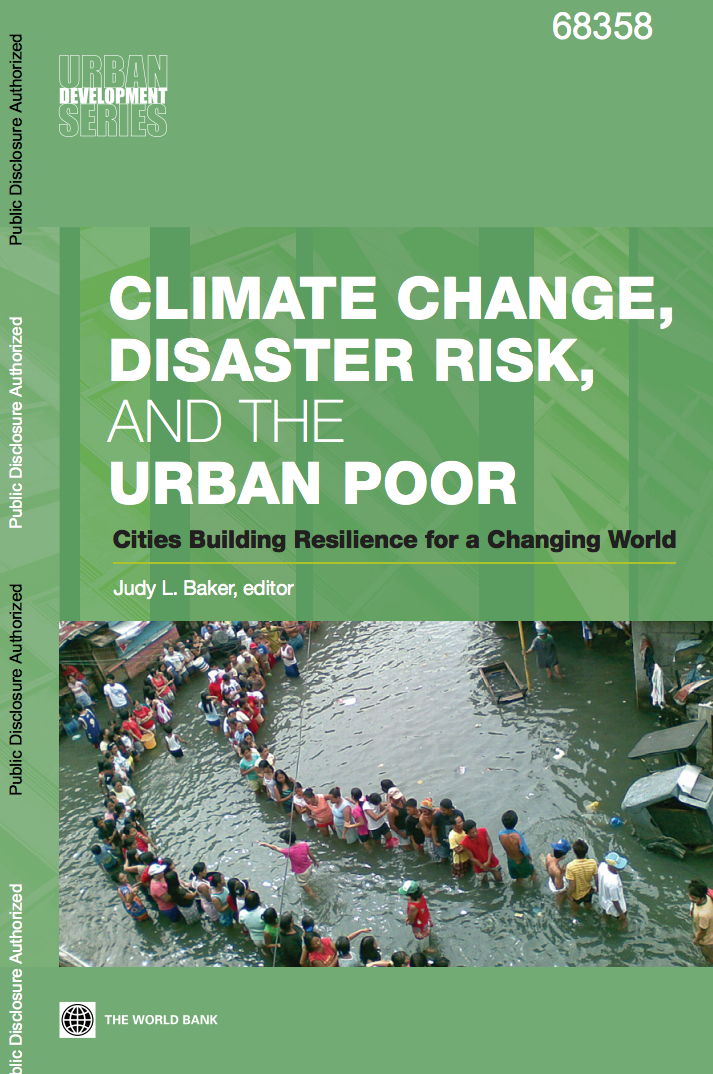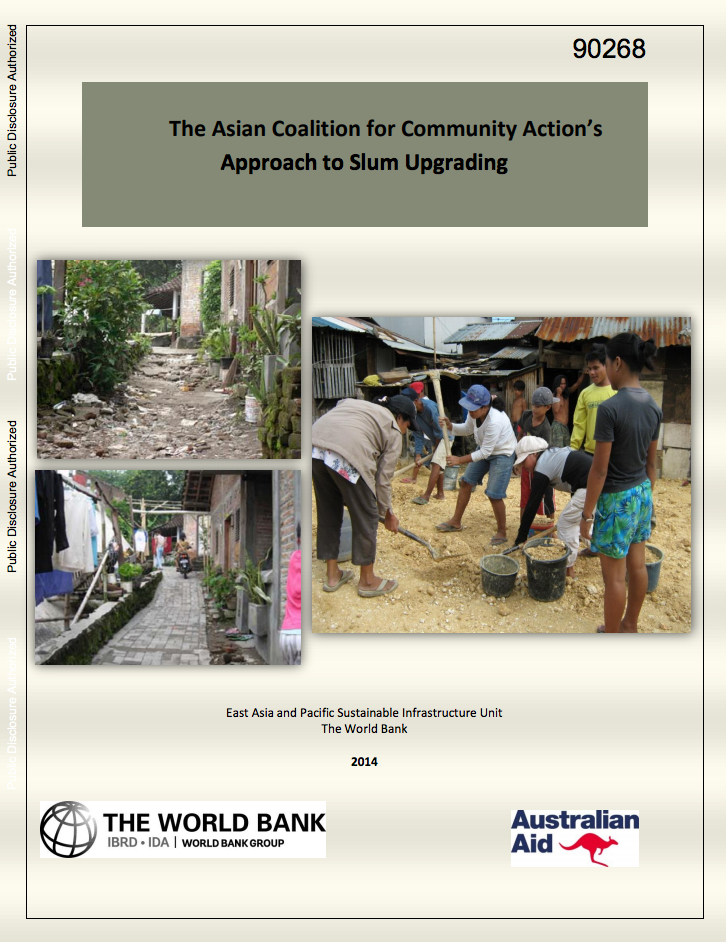Building Sustainability in an Urbanizing World : A Partnership Report
Cities are hubs of global change, and
their global influence continues to grow. Cities contribute
significantly to global challenges like climate change and
biodiversity loss. At the same time, cities experience
impacts like climate change first and with greatest
intensity. Further, cities are becoming leaders worldwide in
efforts to address global environmental and social problems.
Some of the most important smaller-scale agreements and



